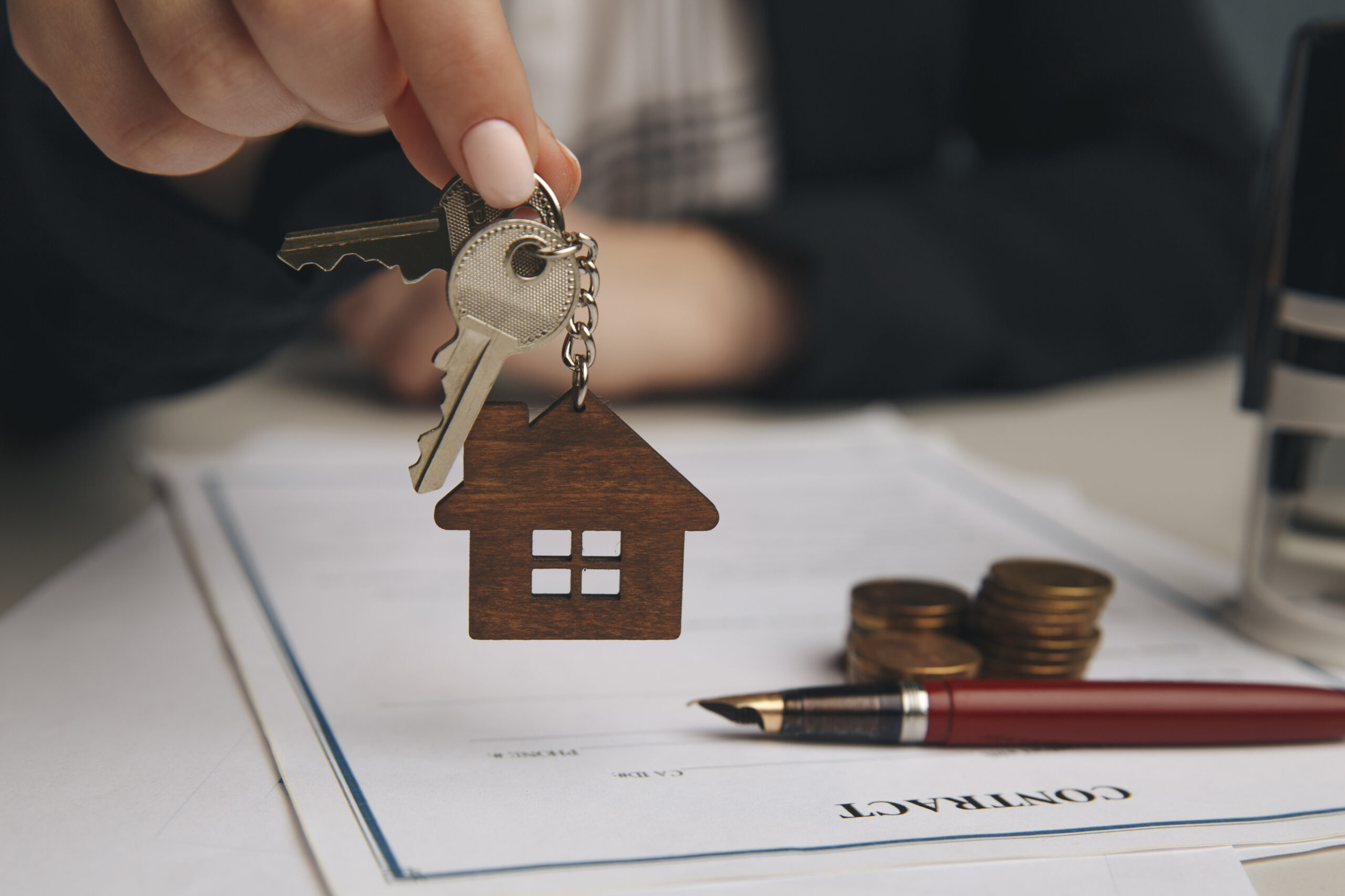Getting A Mortgage Can Be Challenging
The process of applying for a mortgage comes with many rules and new terms. It’s easy for first-time buyers to take costly missteps.
Here are a few first-time home buyer mistakes to avoid if you want to save money.
Shop Only Rate
Rates are relatively easy to discover from lending institutions and to compare. But mortgages have a number of other features that are important to consider.
Prepayment Privileges
Putting extra money towards your mortgage on a monthly or yearly basis can save you a money over the long term. But many mortgages restrict how much extra you can pay on your mortgage and when.
Open mortgages tend to be the most flexible, but they usually have higher interest rates. Variable rate mortgages typically offer good prepayment terms. Some fixed rate mortgages offer prepayment privileges too. Check your contract carefully to find out how much you can repay, and when.
Penalties
Most mortgages have penalties for breaking the contract before the term ends. Variable rate mortgages usually ask for three months of interest. If you have a fixed rate mortgage, you would likely be asked to pay three months of interest or the Interest Rate Differential (IRD), whichever amount is highest.
If you think there might be a move in your near future, opt for a shorter term, and find out what the penalties are before you sign on the dotted line.
Portability
To avoid penalties, some lending institutions allow you to “port” your mortgage. If you buy a new house, porting allows you to transfer your mortgage to the new property.
However, this process is not always as easy as it sounds. Fixed mortgages are easier to port than variable rate. In some cases, the new property has to be the same price as the initial property. If the new property costs more, you may need to consider a blended mortgage.
Cash Back
When you purchase a house, there are a number of unexpected costs such as legal fees, land transfer tax, and more.
Some lenders provide cash back on their mortgages, loaning you money on top of your mortgage amount. Many people use this money towards closing costs, renovations, or movers.
It’s important to note that opting for cash back may trigger a higher interest rate.
HELOC
Some institutions offer a Home Equity Line of Credit (HELOC) which becomes available after the house purchase is complete.
With a HELOC, you normally pay interest only on the money you use. While you do need to pay the interest regularly, you can pay the principal back on your own time, as long as you borrow less than 65% of your home’s value.
In order to qualify for a HELOC you need to put in a down payment of at least 20%, and have a good credit rating.
Don’t Wait To Get Credit In Check
Many first-time buyers don’t stop to consider their credit rating before applying for a mortgage.
Financial institutions use credit scores to determine whether to issue a mortgage, and also to decide what interest rates to charge. If you have a poor score, you will likely find it difficult to secure a mortgage. If your score is adequate but not good, you may pay higher interest rates.
You can get a ballpark idea of your credit score before you start shopping for a mortgage. If your score is below 660, consider holding off for six months or more. To improve your score, pay your bills on time, stay within your credit limit, and keep your oldest credit card accounts.
Closing Credit Cards
Since credit scores are partially calculated from your credit card history, it’s not a good idea to cancel cards before applying for a mortgage.
If you do need to cancel a card, choose one with the shortest history, and pay off all balances first. Cancelling more than one card at a time can raise red flags, so avoid this if you can.
Trusting Online Credit Score
Even though online credit scores can give you a rough idea of where you stand, these scores are not totally reliable.
Organizations that provide either free or paid credit scores use their own calculations to determine the final number. Financial institutions use a different set of calculations.
Credit reports can also contain errors. Check any report you receive to make sure it’s accurate.
Getting Online Pre-Approvals
Opting for a pre-approval is a good way to find out if you could qualify for a mortgage. It can also tell you the maximum amount an institution may be willing to lend you.
Although there are many websites advertising fast and painless pre-approvals online, they are not always trustworthy. It can also be difficult to tell the difference between pre-approval and pre-qualification.
To get a true pre-approval, work with a lender directly.
Waiting To Save More Than Is Necessary
It may seem like a good idea to wait to buy a home until you can afford to make a large down payment. In the long run, you’ll save money, but this strategy isn’t always ideal. In Canada, minimum down payments are 5%, and 20% is often recommended.
First, it can cause you to lose liquidity in your finances. Once you pay for a home, the money is locked in and you won’t be able to invest it elsewhere.
Another drawback is time. While you wait to save, you won’t build up equity in your home.
Everyone’s situation is unique. If you’re thinking about buying a home for the first time, get in touch with us. We can give you an honest assessment of your situation, and make sure you get the best value for your money.
Share this article
Kelly Wilson
Kelly Wilson, a top national mortgage producer, has dedicated 19 years to customizing financial solutions for clients across Canada. Her strategic approach has facilitated over $1 billion in mortgage funding. Starting her real estate investment journey at 21, she now holds $11 million in assets. Kelly's mission is empowering clients to achieve financial freedom and sustainable wealth.




